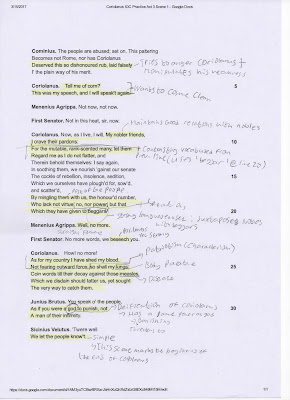[ENGLISH] This is Water. And reading Literary Fiction. And Alice Munro
Emotional Intelligence is vitally needed for us to function better than other people in our society. Emotional Intelligence is also a key to success. Some suggest that to improve one's EQ (emotional Intelligence), reading literary fiction was a way to do just that. Compared to popular fiction and non fiction texts, literary texts are able to evoke the audience's thoughts and make them go into deep thoughts. Complex thoughts can be accesses through various experiences that we are able to experience in our lives. This enables us to improve ourselves to become a better human than we are today. This commencement speech can be related to Alice Munro's short stories she has written over the years. Munro, a well decorated writer with a Nobel Prize for Literature and many other accolades, writes her stories according to her personal life and personal issues that had happened to her throughout the course of her life. Women Literature has been on a rise lately and Alice Munro'...
